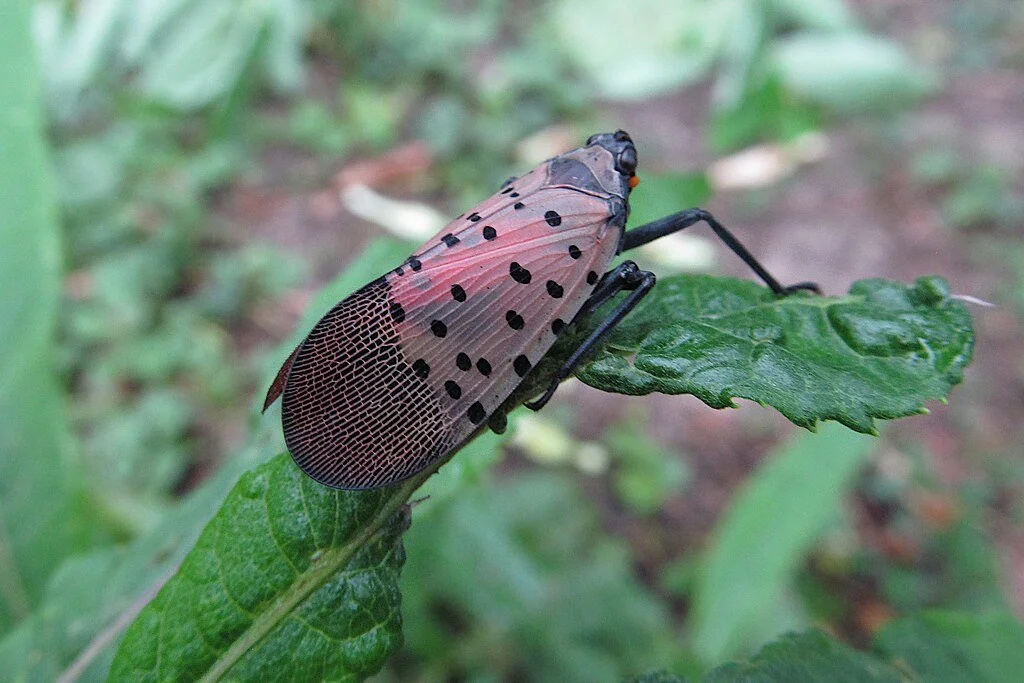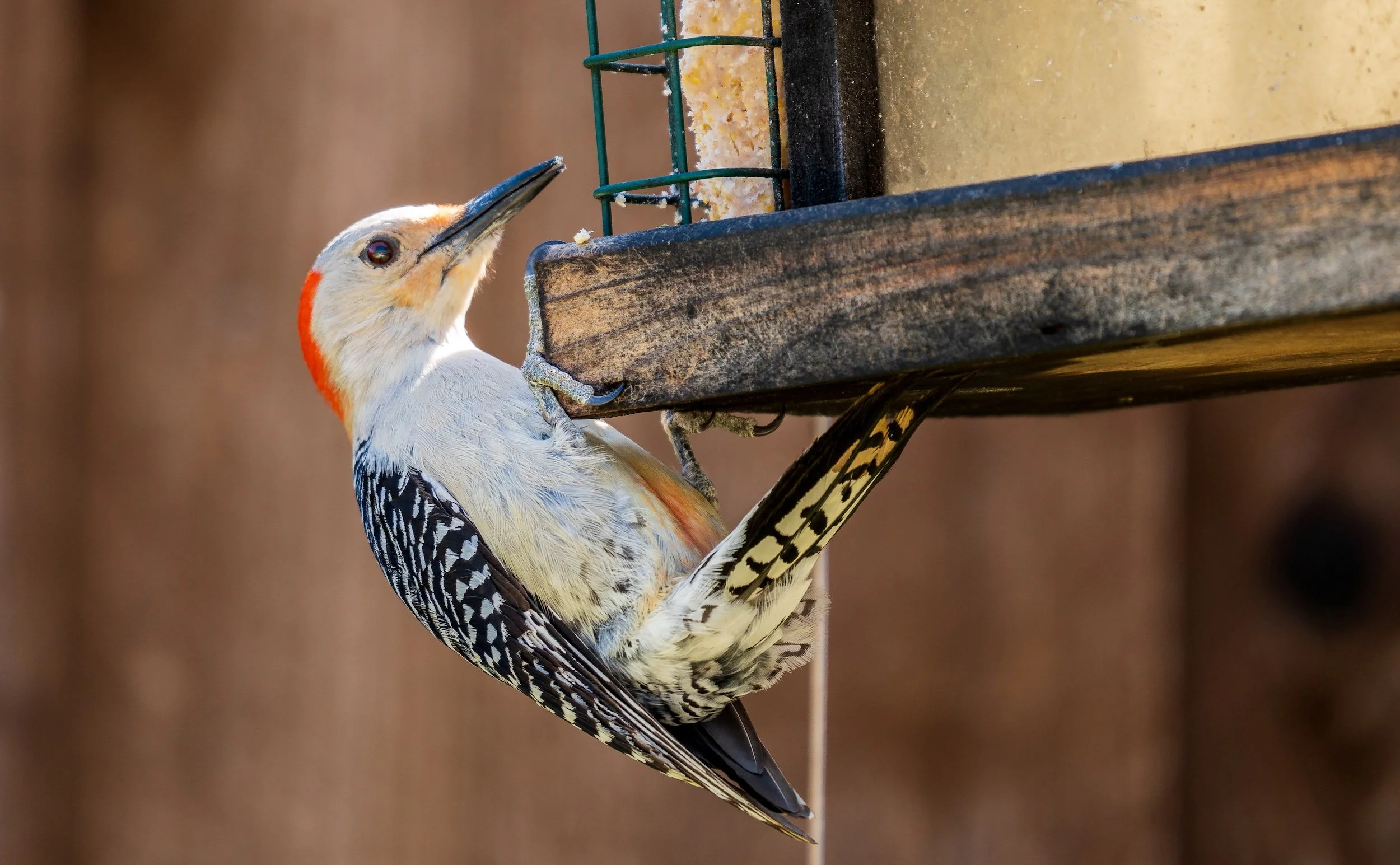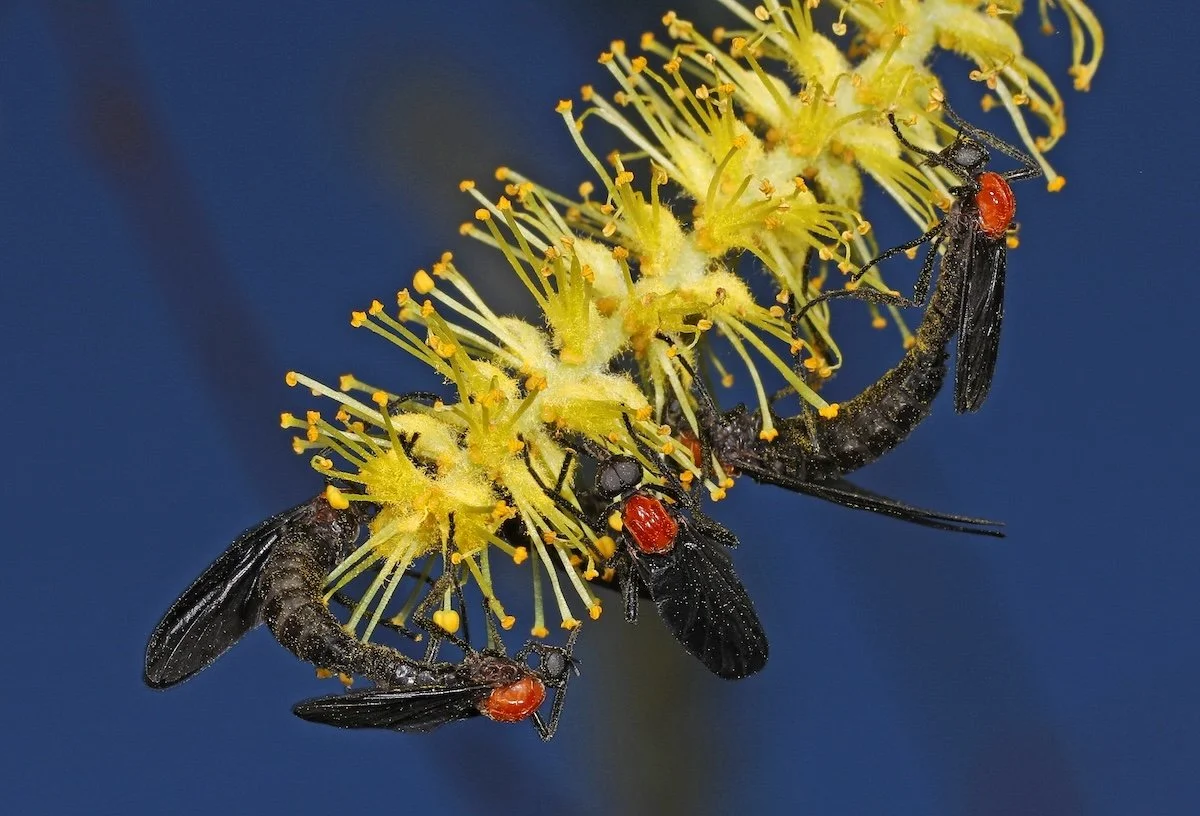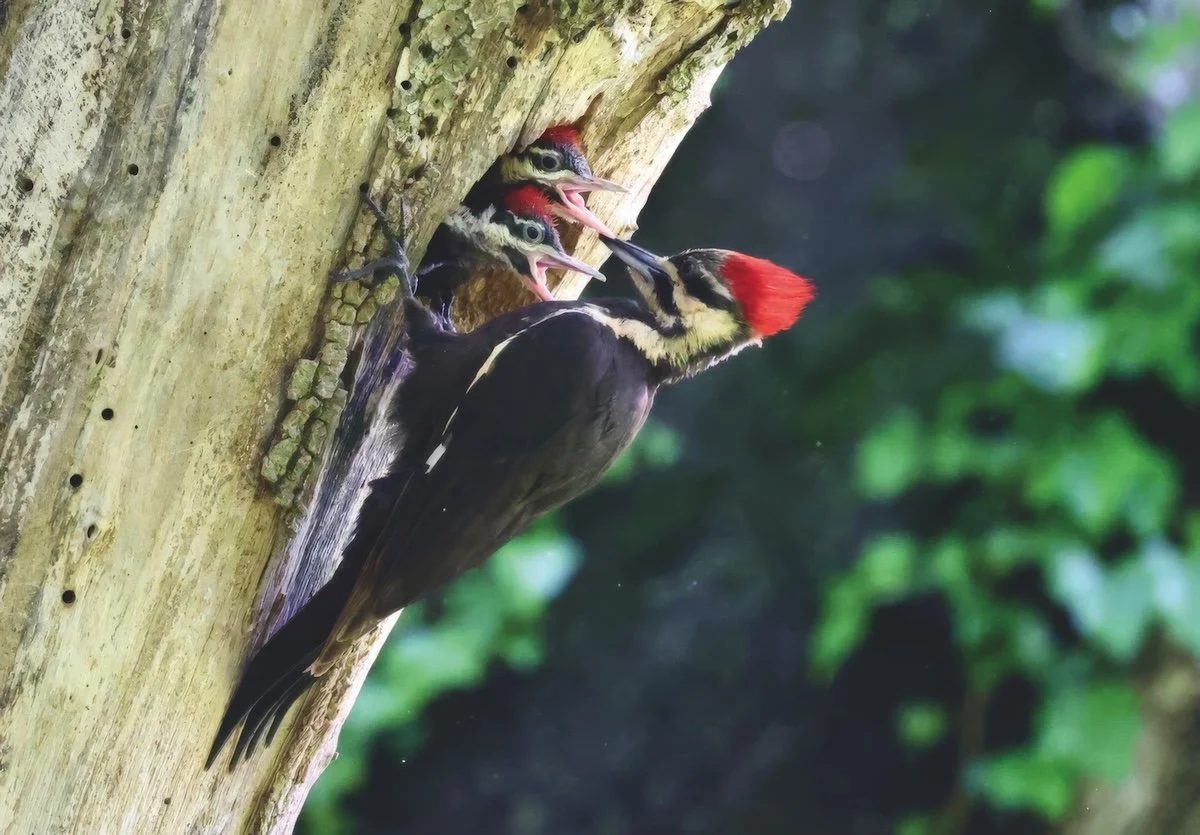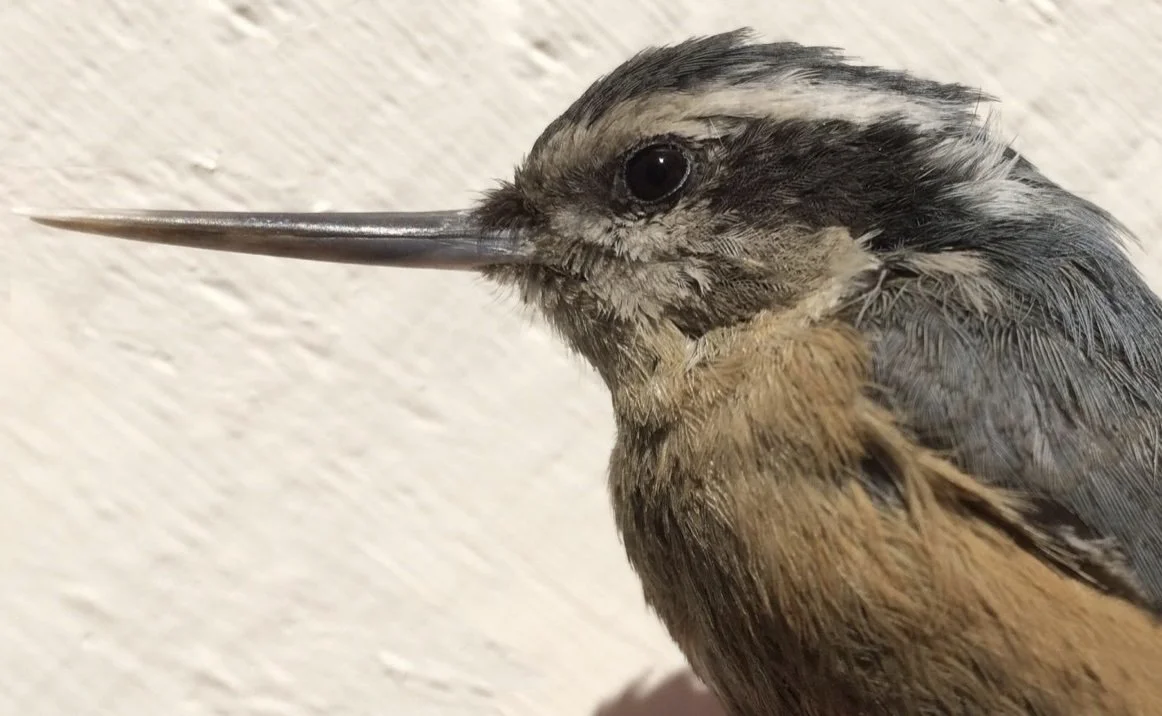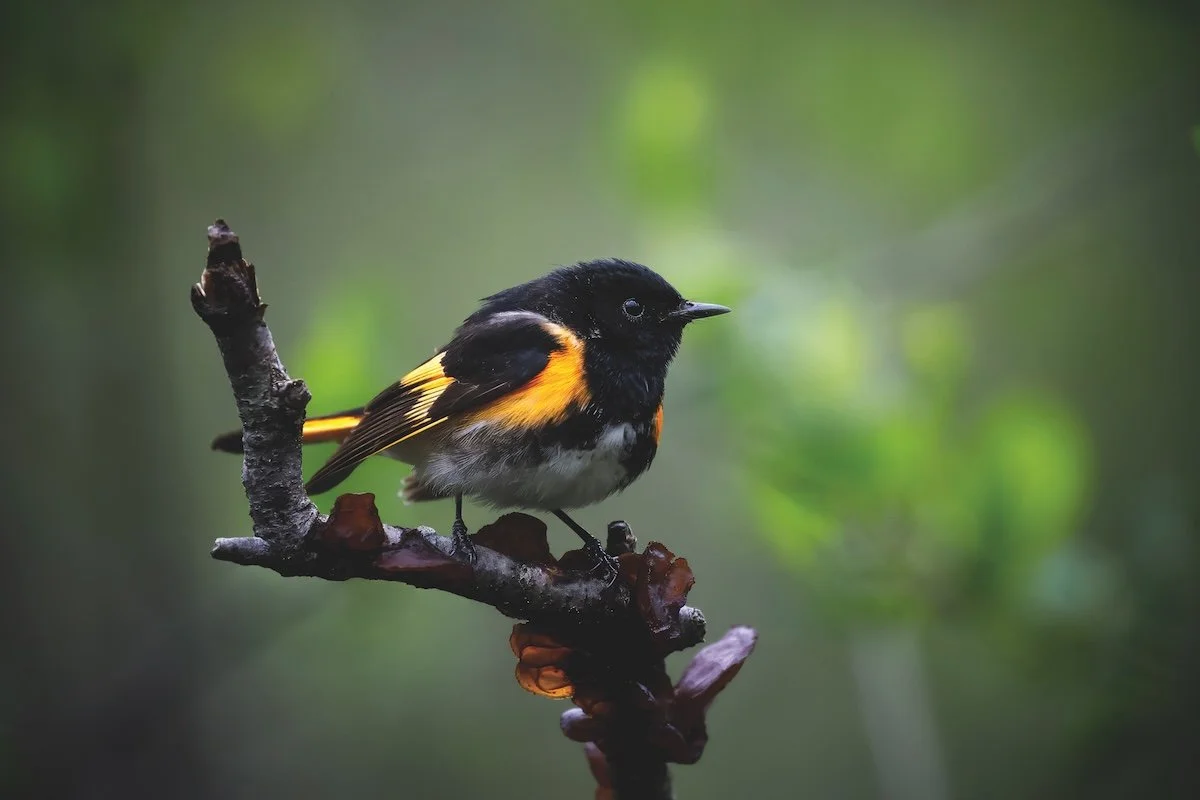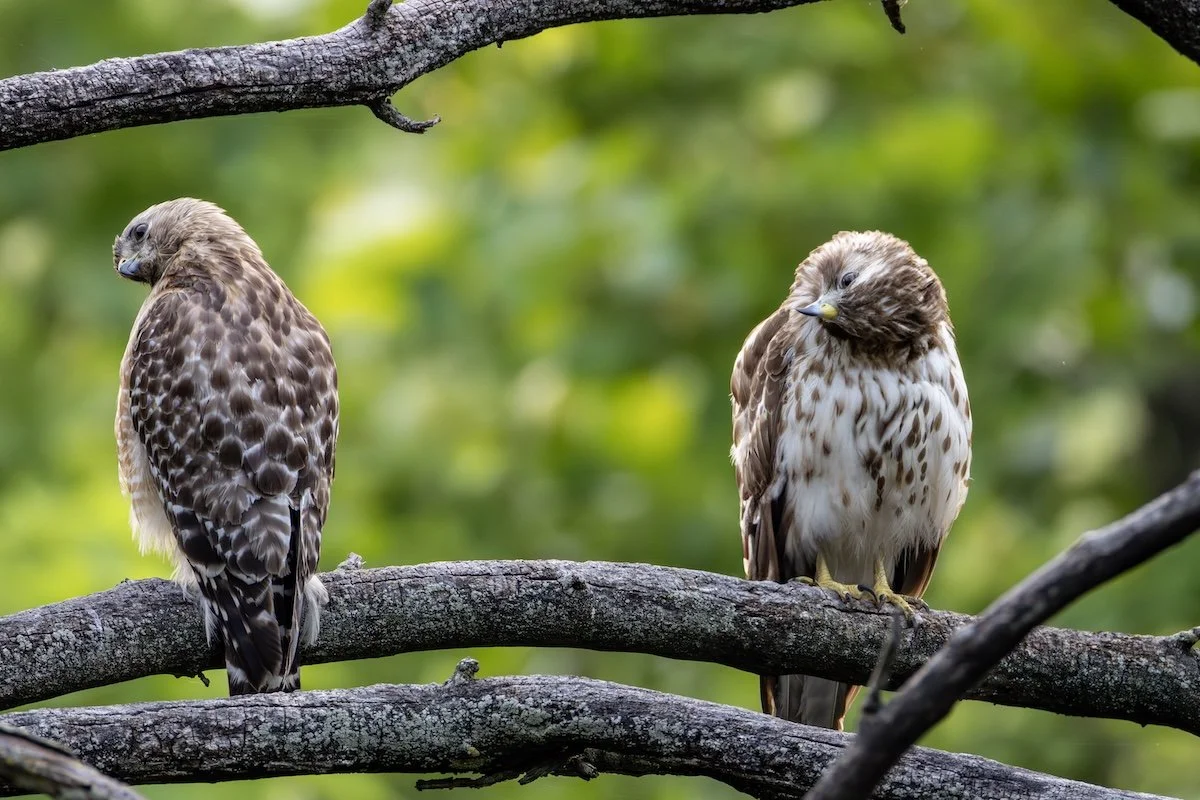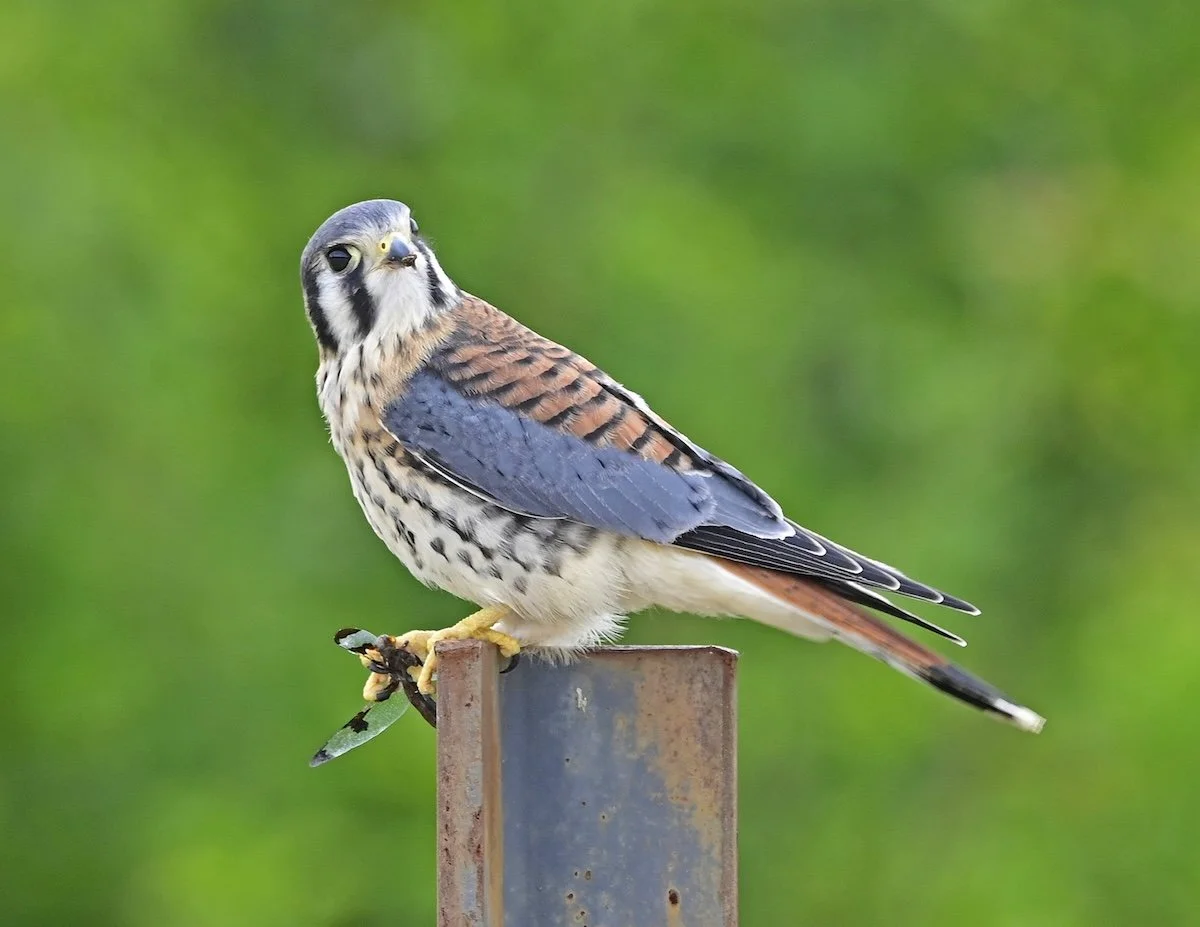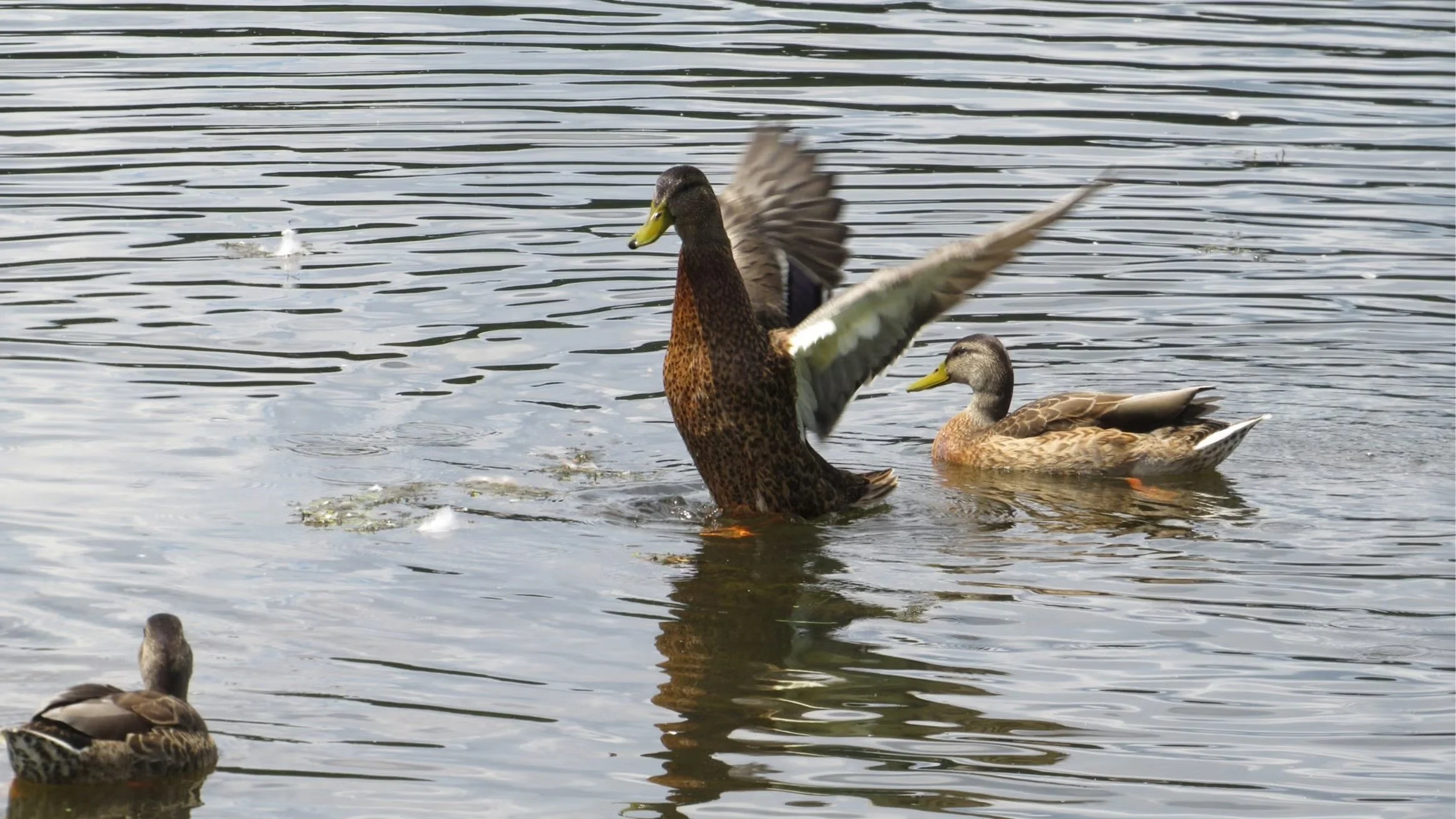
Upcoming Workshops and Classes
We have some great workshops and classes lined up. Join us!
Photo: Pileated Woodpeckers, Anne Bielamowicz/NVBA Photo Contest

Perspective on the Dreaded Spotted Lanternfly
Learning to live with an invasive insect that’s here to stay
Photo: Adult Spotted Lanternfly, Cbaile19, CC0, via Wikimedia Commons

NVBA Photo Calendars are Here!
Purchase your calendar for pickup at our 1/25 Alliance Afternoon or have it mailed!
Photo: American Kestrel, Randy Streufert
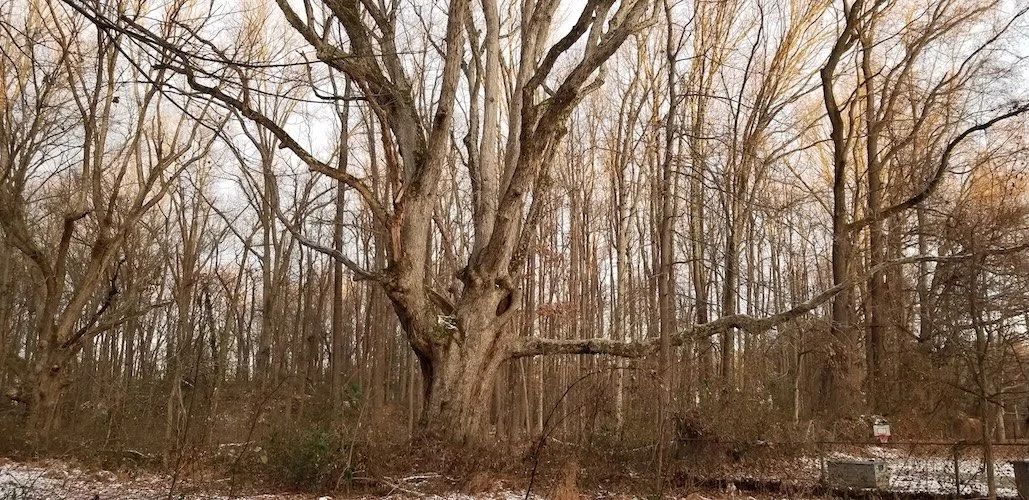
Wildlife Sanctuary Almanac: Love Our Mighty Oaks
Our most dominant keystone species contributes to the ecosystem in ways that are mighty indeed.
Photo: Swamp Chestnut Oak, Betsy Martin

NVBA’s Advocacy Committee and the Busy Season Ahead
With the 2026 Virginia General Assembly about to convene on January 14 for a fast-moving two-month session, the committee needs many volunteers to make sure its voice is heard.
Photo: Virginia State Capitol Building, Wikimedia user Skip Plitt via CC BY-SA 3.0

Avian Keratin Disorder
A mystery bird discovered in Arlington this summer carried a disease first found in Alaska
Photo: Red-breasted Nuthatch with deformed beak, Alaska Science Center, USGS
Conserving and Enjoying Nature
Northern Virginia Bird Alliance is a chapter of the National Audubon Society.
Our mission is to engage all northern Virginia communities in enjoying, conserving, and restoring nature for the benefit of birds, other wildlife, and people. We advance our mission through educational programs, citizen science, conservation initiatives, and advocacy initiatives. We envision a world where people, wildlife, and their habitats thrive.

Letter to Our Members
A year ago, I joined NVBA as Executive Director. I knew I was joining an organization with a strong legacy built by dedicated volunteers over many years, but I wasn't sure exactly what to expect.
Photo: Pileated Woodpecker, John Troth/Audubon Photography Awards
News
The latest stories from NVBA. Looking for a particular topic? Try searching our site. We have hundreds of articles full of great information about everything from birds to advocacy to native plants.
Since the spotted lanternfly first made its presence known in Virginia in 2018, we have been faithfully stomping, squashing and squishing the invaders, which the Virginia Department of Wildlife Resources describes as a “vampire in a black tuxedo, white shirt, and red bowtie.”
There’s always something the NVBA Advocacy committee needs help with. With the 2026 Virginia General Assembly about to convene on January 14 for a fast-moving two-month session, the committee needs many volunteers to make sure its voice is heard.
We can help our bird friends survive winter weather by providing them both food and water, particularly in urban and suburban areas where native habitat may be scarce.
Judy Gallagher is an NVBA board member and a regular surveyor of local wildlife who also captures photos of what she sees, in particular the less common species.
Native species of oak trees are abundant across our region. Northern Red Oaks and White Oaks in particular are among our most dominant keystone species, contributing to the ecosystem in ways that are mighty indeed.
An enigma alighted on an Arlington birdfeeder in late July, a sparrow-sized bird with an inverted feeding style and a prodigious beak almost as long as its brown and white body. Who was this strange visitor?
Advocating for your legislative priorities can be intimidating. NVBA is offering two programs that will help demystify the process and provide an advance look at legislation that will be introduced in the 2026 Virginia General Assembly.
“Oh-sweet-Canada-Canada” or “Old-Sam-Peabody-Peabody” – no matter which phrase you associate with the song of the White-throated Sparrow, northern Virginia residents can expect to hear it throughout the coming months as these little birds sing of their return from breeding grounds in Canada.
How do our feathered friends survive winter? They have two options: migrate south to warmer temperatures or adapt to the winter weather.
Judy Gallagher is an NVBA board member and a regular surveyor of local wildlife who also captures photos of what she sees, in particular the less common species.
It’s a beautiful plant - evergreen, red berries, soft foliage - but evil lurks in its heart. Nandina, a.k.a. Heavenly Bamboo or Nandina domestica, is a woody shrub native to Asia. It is not a true bamboo but, just like its namesake, it is a real problem in the landscape.
Find more stories on our News page.
Upcoming Classes and Events
We have resumed some in-person bird walks and are holding our classes and events both in person and online. You can also watch recordings of past virtual events on our Online Programs page.

